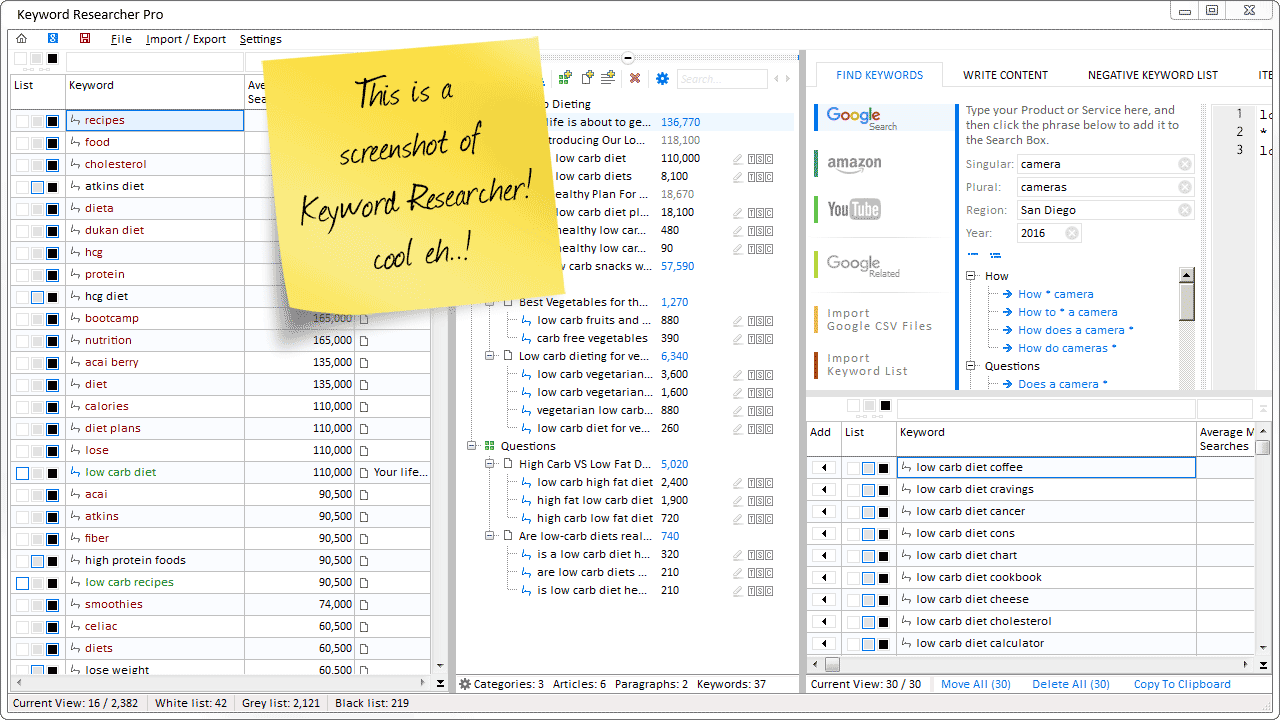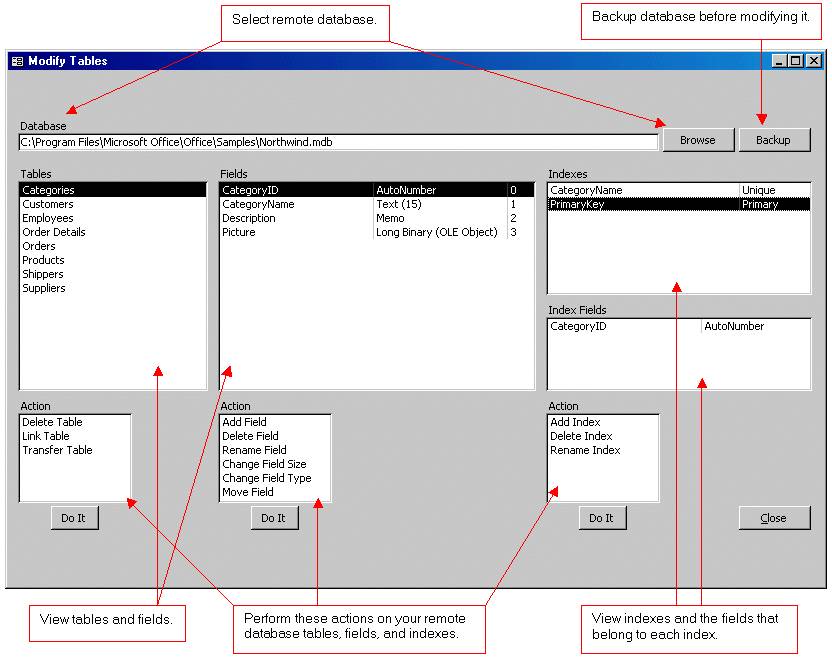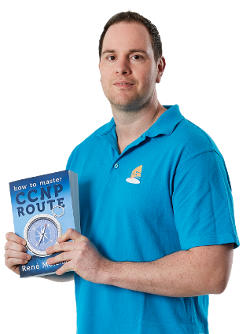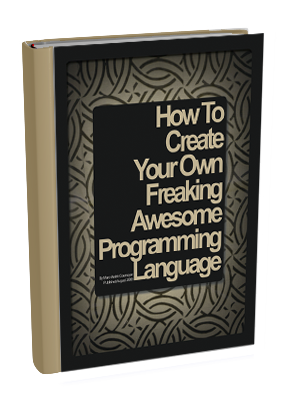For small businesses, a little visibility can go a long way. And there’s no better time for visibility than Small Business Saturday. In this article, we share some of what our favourite small businesses are posting on Small Business Saturday.
Since the first blog post was published and the first YouTube video was posted, content creation has evolved rapidly. It’s now treated as a legitimate business, with real earning potential for anyone with a smartphone and a willingness to share their creations.
However, the ease of entry also means that anyone can become a creator, making it much harder to stand out and succeed. So, how do you get in and win?
For the most successful creators, longevity hinges on more than just creativity and engagement. It also relies on a well-structured and often-overlooked powerhouse – Systems. These systems are the backbone of a sustainable content-creation business. I think of systems as part of the broader PARTS model of becoming a creator (Product, Audience, Revenue, Trust, Systems) as created by Jay Clouse).
In this article, we dive into the intricate systems behind successful content creators as they share how they blend their creativity with strategy and technology.
The importance of systems for creators
Systems are the unsung heroes that often distinguish between successful and struggling creators. They are the invisible threads that weave together the various elements of content creation, from idea generation to production, distribution, and analysis.
Why are systems so crucial in content creation?
Efficiency ⚒️
Firstly, systems bring efficiency to the content creation process. With a well-defined system, creators can streamline their workflow, reducing the time and effort required to produce content. This is particularly important with the fast pace of development in the creator economy, where the ability to consistently and quickly produce high-quality content can set a creator apart from the competition.
For instance, a creator might use a content calendar to plan their posts, a writing tool like ChatGPT to draft their content, and a social media scheduling tool like Buffer to automate their distribution. By automating these tasks, the creator can focus more on the creative aspects of their work, such as brainstorming new content ideas or engaging with their audience.
Consistency 💪
Secondly, systems bring consistency to content creation. By following a set process, creators can ensure that their content maintains a consistent quality and style, which can help to strengthen their brand identity and build trust with their audience.
For example, a creator might have a system for reviewing and editing their content before publishing, ensuring it meets their quality standards and aligns with their brand voice. This consistency can help to build a loyal audience who know what to expect from the creator's content.
Scale 📈
Lastly, systems enable creators to scale their content from solo operations into media businesses. As a creator's audience grows, so does the content demand. Without a robust system, this increased demand can quickly become overwhelming. However, with the right systems, creators can scale their operations to meet this demand without compromising quality or burning out.
Systems enable creators to produce high-quality content consistently, build a strong brand identity, and grow their operations over time. As we delve into the experiences of individual creators, we'll see these benefits in action, offering valuable insights for your own content creation journey.
7 creators on the systems that support their content creation
I’ve interviewed several creators for our Creators Unlocked and Social Proof series, and a question I always ask is: what systems allow you to do what you do? Each person had a different answer and their way of doing things.
Let's dive into the diverse systems that set these top creators apart, offering insights and inspiration for your own content creation journey.
Dre Fox’s system for strategic goal-setting and continuous learning
Dre Fox is a content creator and coach who has developed a unique approach to setting goals and measuring success in her content creation business. She emphasizes the importance of having a clear strategy and seeking guidance from mentors or coaches to achieve her objectives.
Dre's system combines strategic planning and continuous learning. Here's a breakdown of the key components of her system.
- Investing in a coach: Dre believes in learning from those who have already achieved what she aspires to become. By investing in a coach, she gains insights and guidance that help her define her goals and develop a strategy to achieve them. As Dre puts it, "Having a coach provides me with the insights and guidance I need to define my goals and develop a strategy to achieve them."
- Setting quarterly goals: Dre sets different goals for each quarter of the year. These goals may include growth, nurturing and community building, income diversification, and analyzing her impact. This structured goal-setting approach ensures she has a clear focus for each quarter and can measure her progress effectively.
- Developing a strategy: Dre recognizes that setting goals is not enough; creators need a clear strategy to achieve them. She emphasizes the importance of seeking guidance or mentorship to develop a roadmap for success. This strategic approach ensures that her goals are achievable and aligned with her overall vision.
Dre's approach to goal setting and general operations is very business-oriented because of the nature of her work as both creator and coach. So, she can’t quite measure her impact the same way other creators do (through quantitative engagement figures). Instead, she places a high emphasis on the impact she has on her students and community.
She tracks the number of students who join her programs and uses this as a benchmark for her success. This not only provides her with a tangible measure of her success but also helps her understand the value she brings to her community.
Chenell Basilio’s system for streamlining research-intensive publishing
Chenell Basilio is a content creator with a unique approach to conducting deep dives for her newsletter Growth in Reverse.
Thanks to the intensiveness of her process and the short timelines, her system is centered around efficiency and consistency, using a to-do list and templates to streamline her content creation process.
- Using a to-do list: Chenell uses a to-do list that she duplicates every week. This list guides her through the various tasks she needs to complete, such as checking certain sites and platforms. She shares, "Having a to-do list helps me stay organized and ensures I never miss any important steps in my process."
- Templatizing her content: Chenell uses templates for her deep dives, which include consistent headings and charts. "Using templates saves me time and ensures consistency across my deep dives," she explains.
It’s not perfect – Chenell acknowledges that her social media could benefit from more systems. Currently, her approach is more spontaneous, with posts based on what she feels like sharing on a given day.
However, she recognizes the potential benefits of implementing more systems in areas like social media publishing to improve efficiency and consistency.
Matt Ragland’s system for automating workflows
Matt Ragland is a seasoned content creator and productivity expert who has honed his skills in the intersection of productivity and the creator economy.
With a decade-long career in content creation and social media, Matt has worked with fast-growing tech companies like AppSumo, ConvertKit, and Podia, gaining valuable insights into content creation and automation.
Given his vast experience and focus on productivity, he uses a lot of innovative technology in his systems.
- Automation workflows: Matt uses tools like ConvertKit to create automated workflows for email sequences, sales follow-ups, and even Slack group invitations. These automations save time and ensure that tasks are completed consistently.
- Zapier integrations: He uses Zapier to connect different tools and automate tasks, such as sending Slack invites and referral emails.
- Content themes: He develops monthly content themes for his newsletters, which help organize and plan his content.
- Staying nimble: Matt emphasizes keeping up with new technologies and algorithms. He recommends regularly checking and updating automation to ensure they continue to work effectively
In addition to his systems, Matt believes in the power of consistency and repetition as a key to creator growth. He suggests trying something at least 10 times to build momentum and confidence.
Jay Clouse’s system for capturing ideas and audience insights
Jay Clouse, the founder of Creator Science (and creator of the PARTS model), is a content creator who has developed a unique system for idea generation and content creation.
His approach emphasizes capturing ideas when they occur and engaging in conversations with his audience, which he believes are crucial for staying consistent and generating valuable content.
- Low-friction idea capture: Jay uses a Notion database for content ideas and has a widget on his iPhone for quickly capturing ideas when they occur. This allows him to easily record ideas whenever inspiration strikes, regardless of the situation. Jay says, "Having a low-friction method for capturing ideas helps me stay consistent and generate a steady stream of content ideas."
- Conversations with the Audience: Jay finds that engaging with his audience, whether through interviews, customer calls, or within his membership community, often sparks new ideas. He keeps a pad of paper or another low-friction method for capturing ideas during these conversations.
Jay emphasizes the importance of understanding that even seemingly mundane aspects of your expertise can be novel and impactful to others. By recognizing this, creators can identify valuable content ideas that resonate with their audience.
He notes, "Recognizing the value of your knowledge can help creators identify content ideas that may seem mundane to them but are impactful to their audience.”
Ashlyn Greer’s system for balancing trend analysis with real-time creation
Ashlyn Greer is the CEO of Fashivly and a fashion content creator herself, who has developed a unique system for content ideation and creation.
Her approach emphasizes the importance of staying on the pulse of fashion trends and engaging with her audience to generate content that resonates with them. Her experience is especially notable because she works in a team, so there’s a collective approach to content creation.
- Trend research: Ashlyn and the Fashivly team stay updated with fashion trends by shopping online daily and conducting in-depth research at the beginning of each season. They consider trend forecasts and fashion journalism to identify trends that align with their audience's interests. Ashlyn says, "Staying updated with trends and conducting regular research helps us consistently generate relevant and engaging content."
- Shared document for brainstorming: Ashlyn and her team use a shared document to input brainstorming ideas, links to potential videos, and trending content. This document serves as a central hub for their content ideas and facilitates collaboration within the team.
- Biweekly meetings: The Fashivly team meets every two weeks to decide on the video ideas they will execute. They consider audience requests and current trends to create relevant and engaging content. "Regular meetings help our team stay organized and decide on the content we will create," Ashlyn explains.
Ashlyn emphasizes the importance of creating content in real-time, especially for platforms like TikTok that move quickly with trends. "Creating content in real-time helps me stay on top of trends and keep my content fresh and engaging," she notes. She records videos in small increments throughout her day, keeping her content fresh and timely.
Dulma Altan’s system for multi-platform content creation
Dulma Altan is a TikTok creator focusing on the direct-to-consumer world, creator-led brands, the creator economy, tech, startups, and venture capital. She has developed a unique system for content ideation and creation.
- Leverage your network: Dulma taps into her network and her network's network to find guests for her podcast, saying, "Leveraging my network provides a wealth of content ideas and opportunities.” She also uses X (formerly Twitter) as a networking tool to connect with potential guests.
- Create a master list of topics and brands: Dulma maintains a list of topics and brands she wants to cover in her content. This list helps her stay organized and ensures she always has ideas to draw from. "Maintaining a master list of topics and brands helps me stay organized and ensures I always have ideas to draw from," she notes.
Dulma balances her structured approach to content creation with her creative instincts by checking in with herself and asking what she feels excited to talk about. She says, "Balancing structure and creativity in content creation can lead to more engaging and impactful content.”
Systems take time to build, so no pressure
One thing to note after reading this is that these creators have been building their systems for months and years. So you shouldn’t feel pressured to replicate their processes. Take what feels right for you and leave the rest for your future, successful self.
If you’re looking to implement or improve your own systems, here are some actionable takeaways:
- Identify gaps in the creator market: Look for topics or perspectives currently underrepresented in your field and create content to fill these gaps.
- Use your network to its fullest: Reach out to your connections for collaborations, interviews, or guest posts. This can help diversify your content and expand your reach.
- Maintain a consistent content schedule: Use a content calendar to plan your content in advance and ensure consistency.
- Focus on quality over quantity: Invest your time in creating high-quality content rather than producing a large quantity of average content.
- Continuously learn and adapt: Stay updated with the latest trends, tools, and best practices in content creation. Don't be afraid to experiment with different formats, styles, and topics.
Remember, the key to a successful content creation system is to find what works best for you and your audience. It may take some trial and error, but with persistence and creativity, you can develop a system that helps you create engaging and valuable content consistently.
Recommended Story For You :

Organize Keywords and Import CSV Files from the Google Keyword Planner

The Most Affordable And Easiest User Friendly Page Builder You Will Ever Use!

Instant WordPress Theme That Matches Your Website

Wizard to Manage Remote Backend MS Access Database Tables Fields and Indexes

If you had an aisle-by-aisle grocery list wouldn't you spend less money on impulse items?

everything you need to create a professional corporate look mini-site is there.

Unlock Your Networking Potential with GNS3Vault

Viper Cache Was 77% Faster Than The Competetion

Understanding Stock Market Shorting eBook


